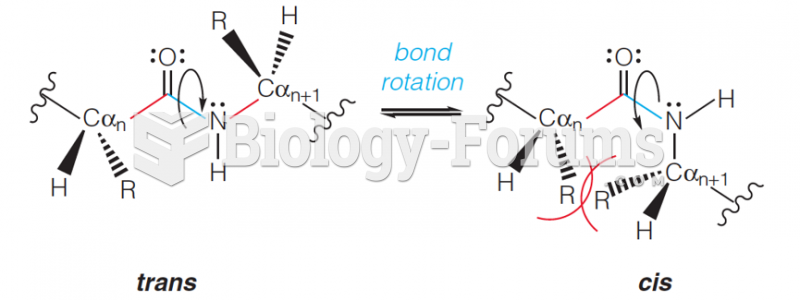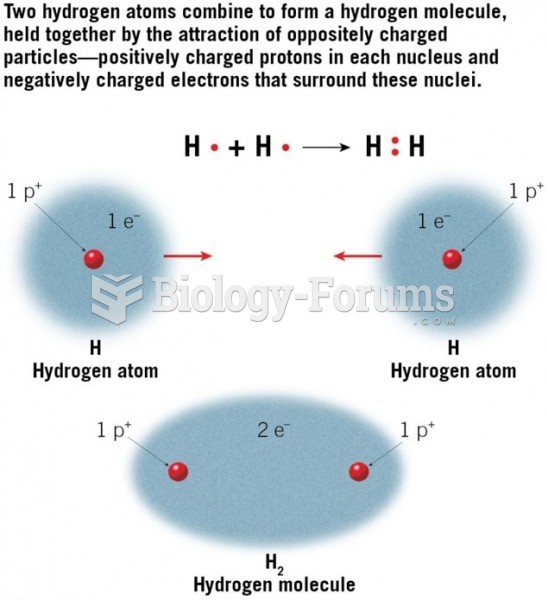|
|
|
Cytomegalovirus affects nearly the same amount of newborns every year as Down syndrome.
After 5 years of being diagnosed with rheumatoid arthritis, one every three patients will no longer be able to work.
Although the Roman numeral for the number 4 has always been taught to have been "IV," according to historians, the ancient Romans probably used "IIII" most of the time. This is partially backed up by the fact that early grandfather clocks displayed IIII for the number 4 instead of IV. Early clockmakers apparently thought that the IIII balanced out the VIII (used for the number 8) on the clock face and that it just looked better.
On average, the stomach produces 2 L of hydrochloric acid per day.
Only 12 hours after an egg cell is fertilized by a sperm cell, the egg cell starts to divide. As it continues to divide, it moves along the fallopian tube toward the uterus at about 1 inch per day.







